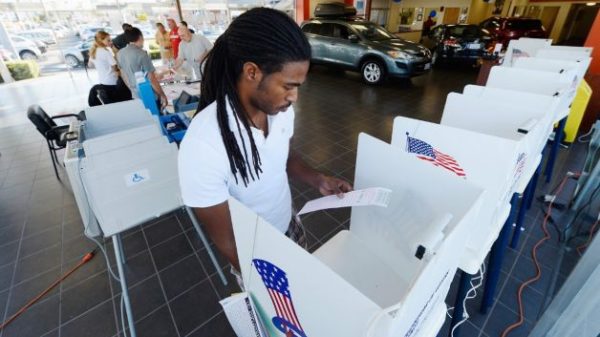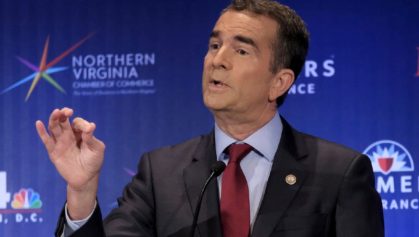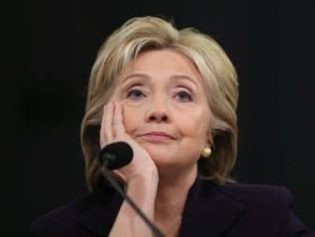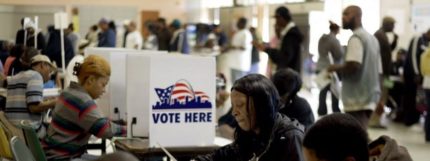
With Barack Obama no longer on the Democratic ticket, and the less than warm feelings many people who support the Black Lives Matter movement have toward the Democratic primary candidates, one primary question is looming over this election cycle: Will Black voters turn out or turn away?’
According to Peter A. Brown, assistant director of the Quinnipiac University Poll, this is “nearly impossible to predict.” Brown says that there will be “a lot of factors” that will contribute to Black voter turnout, regardless of which two candidates end up being the final contenders.
Data from Quinnipiac University and others gives a glimpse of how Black voters view current candidates. Other data sources illustrate how African-Americans and have voted in past elections, specifically between 2006-2012.
According to the results of a national poll published by Quinnipiac University in August, 92 percent of African-Americans polled approve of how President Obama is handling his job—only 5 percent disapprove. Conversely, 88 percent of African-Americans polled disapprove of the way Republicans in Congress are handling their jobs, with 62 percent voicing approval for the way Congressional Democrats are handling their jobs.
African-Americans overwhelmingly would vote today for Democrats in both the U.S. Senate (90 percent) and House of Representatives (88 percent). Overall, 82 percent of African-Americans polled find the Democratic Party more favorable, compared to 10 percent who find the Republican Party more favorable.
So what does this mean for 2016?
Brown says it hard to discern at this time what Black voter turnout will look like and whether or not there will be a decrease in turnout because it’s too early to make predictions. The picture may become clearer in early 2016, but previous voter exit polls can give us an idea of how the Black vote has changed over time.
According to the Pew Research Center, in 2012, Black voters had a higher rate of turnout than any other minority group. While some contribute this to Barack Obama’s historic race and subsequent presidency, what we can also glean from the other sources and interviews is that the stricter voter ID laws did not deter Black voters. In fact, the laws gave some African-Americans motivation to wait out long lines in order to exercise their right to vote. Also, some African-Americans with non-violent convictions found that they were eligible to vote having met certain conditions. This too, may have contributed to the increase in turnout rate from 2008 to 2012.
Some speculate that Black voter turnout will be lower than in years past because Barack Obama will not be on the ballot. Others find that with the calls from the Black Lives Matter movement and others to hold the justice system accountable for the wave of killings of unarmed African-Americans, Black voter turnout will remain high, possibly even surge a bit. Unfortunately, as Peter Brown says, “there is no definitive answer to this question.” At this point, we can only guess.
While we may not know all the reasons that will or will not contribute to Black voter turnout in 2016, one thing remains perfectly clear—neither party can afford to take the Black vote for granted any longer.


